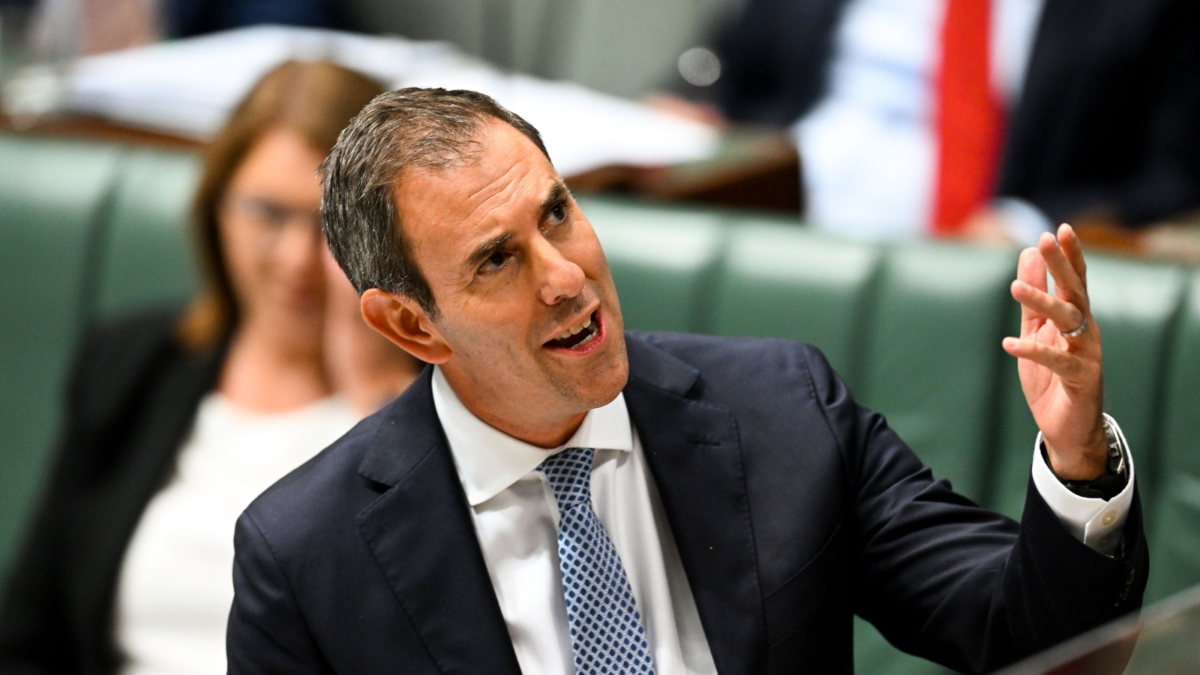Editor’s note: No end in sight for super wars
Jim Chalmer’s method of ending the super wars, announced with some fanfare on Monday (February 20) is creating an objective for superannuation that reads: “The objective of superannuation is to preserve savings to deliver income for a dignified retirement, alongside government support, in an equitable and sustainable way”. As a method of ending the super wars this will be about as effective as the Treaty of Versailles.
Firstly, ending the super wars requires both sides to put down their weapons. The Liberal Party has already approached this issue with little subtlety, deriding a legislated objective as a “code for more taxes” (related to the potential cap on superannuation balances) and a move to allow big funds to buy up all the homes in the country, essentially making Australians indentured serfs to super funds.
And it’s already been noted that Chalmers’ apparent move to end the super wars saw the treasurer lambast the previous government for its “messy, ideologically motivated approach” to superannuation and accuse them of forcing Australians to choose “better incomes in retirement or paying their bills” through the early release policy.
Ending the super wars through a legislated objective also requires that legislated objective be as unassailable as its proponents believe it will be. But you can always repeal a law (admittedly easier said than done) and the reasons for which it might be repealed will typically be emotive, i.e. extreme financial hardship (that the government doesn’t want to directly alleviate through fiscal spending). It’s tough to ask somebody to sacrifice their present for their future.
Then there’s the question of whether it would need to be repealed at all. It’s much easier to interpret the purpose of superannuation in the abstract and decide that the loss of housing (say to a climate-related disaster, which are already depressingly common and will be more so in the future) trumps the need for a ‘dignified’ retirement – especially when what constitutes a dignified retirement is likely to shift, as Treasury itself acknowledges. Owning your own home – or even just having shelter – might be more dignified than having a large superannuation balance.
Still, the really contentious stuff was in the latter half of Chalmers’ speech, where he tenuously tied super’s objective to funds’ participation in nation building projects. This builds on Chalmers’ investor roundtables and his 6,000-word essay in The Monthly, which met with a mixed reception (fine as a policy document, but as a piece of writing?).
“As an industry, you’re in the game of long-term investing,” Chalmers said in his speech on Monday. “You know better than anyone that diversifying your way out of systemic risk is impossible. That if we fail to act in areas like affordable housing, climate, the care economy and digital, we will face the prospect of an economy that won’t sustain the growth that we need – and that this will all be to the detriment of a good, dignified retirement for as many Australians as possible.”
This is where all the rhetorical confusion of the last few days has arisen. Is Chalmers saying that the new objective of superannuation creates an obligation for funds to invest in potentially low-returning social housing projects? Will he direct them to do so? Probably not. Very likely it’s a sketch of a policy from a treasurer trying to get some help with a budget severely out of balance and the idea of coercion – overt or covert – has not yet entered into it. Of course, that hasn’t stopped some commentators from interpreting the treasurer’s words in the most obtuse way possible,
But bad faith opposition to an idea does not automatically make that idea good. The morass of issues that arise from “super for windfarms” – the obvious conflict of interest, the lack of return data for assets like social housing – should give funds and the government pause for thought. They certainly give members pause for thought; all respondents in research conducted by CT Group on behalf of the Financial Services Council last year disagreed with a hypothetical change to super’s objective to invest in projects of national significance, reacting “with a sense of incredulity that government would use their money for its own purposes”.
If the government cannot find its way to a risk-sharing arrangement with super funds – as ASFA has suggested – and cannot sell members on the idea of their money being used for nation building, than the super wars won’t be over. They won’t have even begun.
Photo via AAP











